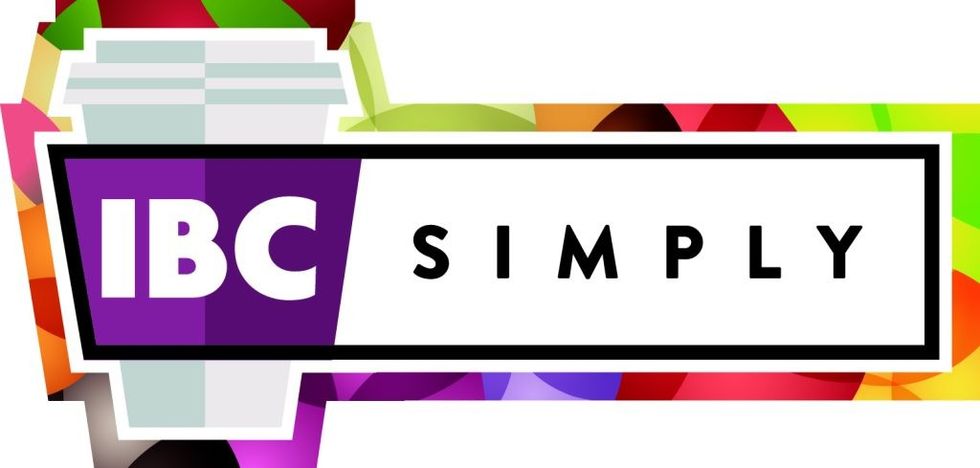Italian Beverage Company (IBC Simply), a presence in foodservice for over 25 years, acquired March Foods, one of the UK’s leading co-packing and co-manufacturing companies on 14 December, creating a new combination in UK food and drink manufacturing and packing.
The acquisition sees the expertise and knowledge of the two long-standing companies in the foodservice industry coming together under a new parent group, Delightful Food Group, propelling them towards unprecedented growth opportunities through cutting-edge technology, innovative packaging formats and enhanced capabilities.
Delightful Food Group is headed by the co-owner of IBC Simply, Ricky Flax, who will continue to run the business day to day and drive growth across the newly formed parent group, bringing IBC’s family-run values to the new group. March Foods’ operations will remain unchanged and the entire team will continue to be led by the current managing director Steven Dor, providing continuity for customers.
“We’re delighted to be able to announce the acquisition of March Foods, which will bring huge benefits to both companies and of course to our customers and the industry as a whole," said Flax. "We plan to invest in new technologies, enhance our product manufacturing capabilities and open up more opportunities for customers, offering a totally rounded solution.
“We have been working successfully together with March Foods for many years, and the synergy between product and manufacturing was the perfect match to grow both businesses to the next level. Both brands complement each other and now customers can benefit from the teams across the group, particularly those with unique offerings or who need support with NPD using our combined knowledge and experience in innovation.
“We see this acquisition as the first step of a growth plan for Delightful Food Group and we’re excited to see where our journey takes us.”
Stephen Dor, managing director of March Foods, added: “We’re looking forward to demonstrating the benefits to our customers of this joined up approach to co-manufacturing and co-packing and seeing the results of the planned investment in the very latest technology, equipment and packaging formats.”







